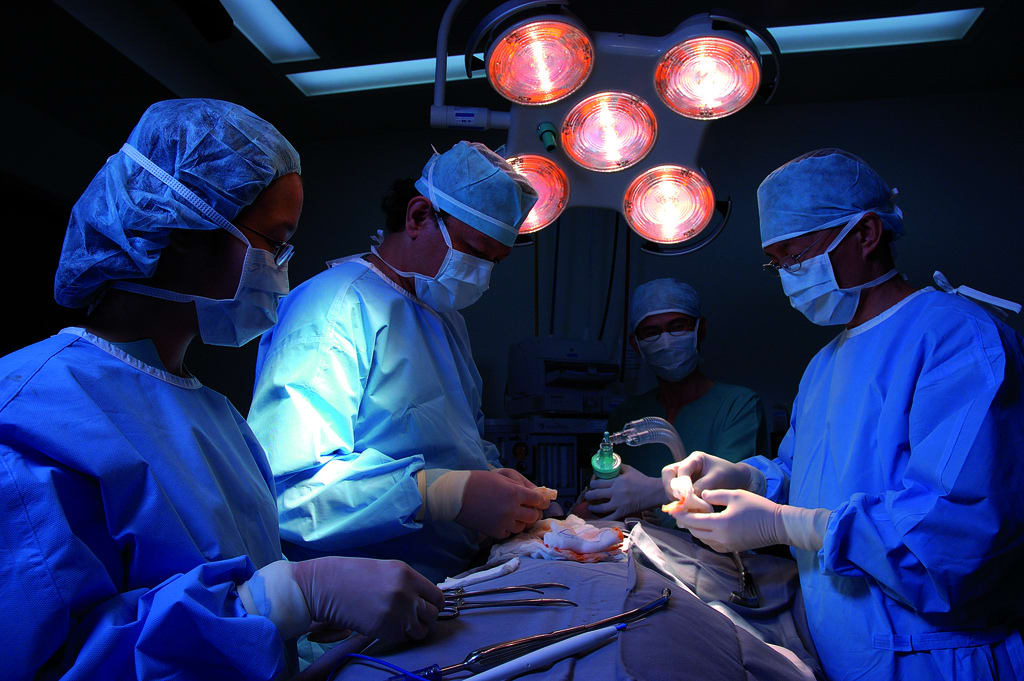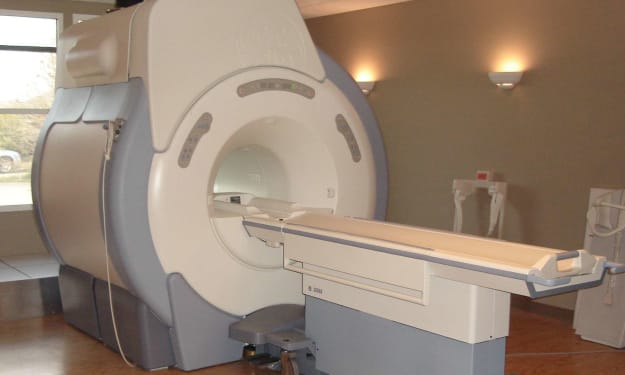What Exactly Happens in a Kidney Transplant Surgery?
Know about the Complete Procedure of Kidney Transplant Surgery

Your kidneys are bean-shaped organs, each located at the opposite side of your abdominal region. Like every other organ, your kidneys are in charge of elimination of waste products from our body. Waste products are toxic to your system and are very harmful if not eliminated in time. Our kidneys filter the blood to remove these unnecessary substances from our body and discard it out of our system.
If kidneys fail to perform its primary functions at all, your body will start to pile up waste products in your system. If waste products remain inside our body for a longer time, it can be life-threatening. At such times, patients are advised to undergo certain treatments to improve kidney functionality. However, when treatments do not work, kidney transplant surgery is the optimum option to deal with such a major issue.
Patients who are undergoing a kidney transplant surgery should know exactly what happens. Let us study the specifics of this procedure, as well as other necessary factors that are related to this operation. Before undergoing a kidney transplant surgery, there are certain important evaluations that are necessary for a successful renal (kidney) transplantation.
Examinations Necessary Before Kidney Transplant Operation
For renal transplant surgery, it is very important that you find a kidney that is suitable to your body's system. Various kidney tests are performed before the main surgery procedure so that the patient does not face any health issues after the surgery. These tests provide a result about a perfect match for the transplant organ. Provided below is the information regarding these tests.
Note that the person who provides a kidney is called a donor and the kidney is termed a donor kidney, whereas the person receiving it is called as a recipient.
1. Blood test
A blood test is taken to ensure that the blood type of the donor and of the recipient match. The matching of blood type is really important as the organ needs to support the type of blood the recipient has.
2. Serology
Serology is a test taken to ensure that there are no viruses present in the donor organ. Also, signs of HIV, hepatitis, etc. are checked before proceeding further with the transplantation process. Also, this test gives an idea to your doctor regarding the suitable preventive medication for the recipient's condition after the transplant is made.
3. Crossmatch
Our body contains antibodies that function to destroy any sort of foreign material that enter our body. Antibodies are generated each time when you suffer from an infectious condition, or during blood transfusion, pregnancy, or during kidney transplantation. Therefore, the recipient's body can generate antibodies to destroy a newly transplanted kidney. For this reason, your doctor performs a cross match test to check if the recipient's body does not generate antibodies to the donor's kidney.
4. Tissue Typing
Another blood test is carried out to check a perfect match of antigens for the recipient. Antigens are like markers that are uniquely found on the cells of every individual's body. These markers are inherited and formed from the markers of our parents. When a tissue typing evaluation exam is performed, a right match of donor marker is found for recipient.
Similar matches are accepted to proceed further for a transplant surgery. However, a perfect match helps the functionality of the transplanted kidney for a longer duration. Donors who belong to the same family can be a perfect match for kidney transplantation process.
Evaluation results from all these tests confirm which donor is suitable for your transplant surgery. Based on these tests, a feasible date is decided for your surgery.
Kidney Transplant Surgery Procedures
On the surgery day, make sure you follow the measures that your surgeon has asked you to. You will be asked to wear a hospital gown. Nurses will create intravenous (IV) points on your arm. This point is generated for many purposes like drawing or infusing blood, injecting medicines, etc.
The kidney transplant procedure is performed under the influence of general anesthesia. A doctor will infuse general anesthesia through one of the IV points in order to relax your body while surgery is being conducted. Kidney transplantation is distinguished into two sub-types that we will read in the latter part of the procedure. However, the main steps for the transplantation surgery remains the same for both these sub-types.
The surgeon makes an incision around your abdominal cavity to begin with the kidney transplant surgery. The doctor inserts the donor's kidney at the lower section of your abdomen. Blood vessels those are responsible as a passage to carry blood and other body fluids as well as waste products down to your bladder are connected to the illiac vein and artery of the recipient. The ureter is attached to the bladder. These steps complete the transplantation process. After the transplant is made, your surgeon will insert a small tube into the abdominal section in order to discard any extra fluids that may have formed during the operation.
The two sub-types of renal transplant surgery include heterotopic and orthotopic operations. In heterotopic kidney transplant surgery, the donor's kidney is placed below one of the two kidneys, without removal of the older ones. In orthotopic kidney transplant operations, the failed kidneys are removed and the newer donor kidney is placed around the abdominal region above the groin.
After the successful transplantation of the kidney, you will be asked to rest in an observation ward. You will be asked to take proper rest until the anesthesia wears off. Doctors will examine your conditions and carry our certain tests on you to ensure you are doing fine. Health measures, medications, and dietary advice will be provided before discharge.
To summarize, the above article will give you the entire information about what exactly happens in a renal transplant operation and what the tests are that are most required before you go for it. If you are facing any severe kidney problems, let your doctor know about it and get the right treatment. Your kidneys are an important part of your body. You should keep them healthy. To know about the health of your kidneys, you can go for a kidney function test right away.
About the Creator
Siya Nathan
Siya is interested in all aspects of life. Once a health care professional currently a writer!! Siya loves cooking, dancing, reading, writing, traveling. She pursues her passion for writing at MediFee.







Comments
There are no comments for this story
Be the first to respond and start the conversation.